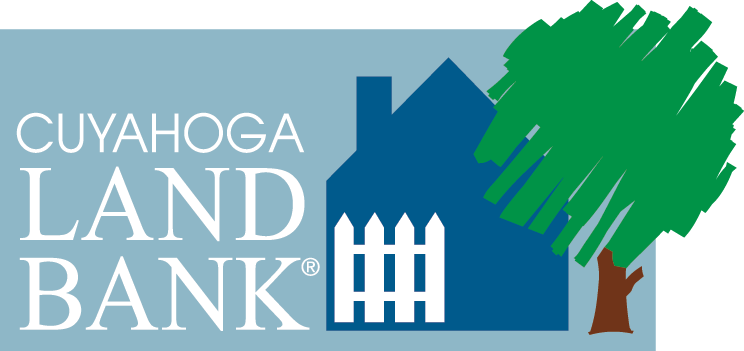December 20, 2012 [Leila Atassi, cleveland.com]
CLEVELAND, Ohio — Since 2009, the U.S. Department of Housing and Urban Development has sold low-value, foreclosed and vacant properties to the Cuyahoga County Land Bank for $100 a piece — an effort to stabilize neighborhoods by keeping blighted houses off the market and out of the hands of real estate flippers.
But the agency can no longer afford this arrangement and will resume selling its Cuyahoga County properties to speculators and others on the open market. HUD notified the land bank in a letter last month it would not renew the contract.
Land bank and city officials say that canceling the program — which sent the county about 850 properties for rehab or demolition over three years — is shortsighted for a town like foreclosure-ravaged Cleveland. Hundreds of houses, officials say, will fall prey to flippers, who quickly resell the property to gullible buyers. Often those buyers pick up the houses sight unseen, and upon learning of their bad investment end up leaving the properties vacant for years to come, officials predict, until taxpayers eventually pay for demolition.
“HUD needs to look at the particulars of this market place, rather than slapping on across-the-board policy that does not apply well to our city,” said Chris Warren, chief of regional development for the city and a board member at the county land bank, formally known as the Cuyahoga County Land Reutilization Corp. “Mindlessly applying these new policies, as if every segment of the market is the same, is not a smart thing to do.”
The land bank and HUD forged the deal in 2009, as part of HUD’s National First Look Program, a collaboration that includes the nation’s top lenders. The program offers state and local governments or nonprofits that have received federal stabilization money first dibs on purchasing HUD-owned foreclosed homes at a below-market price before they are made available on the open market.
HUD offered the Cuyahoga County land bank especially deep discounts on properties, land bank Chief Operating Officer William Whitney said in an interview Wednesday. For the first year, the land bank could buy HUD houses valued at $20,000 or less for $100, he said. And eventually, the deal was expanded to include those worth $30,000 or less.
The HUD properties comprise a third of the land bank’s portfolio, Whitney said. About 30 percent of the HUD homes were salvageable, he said. And the land bank rehabbed them or partnered with non-profit agencies and others willing to commit to the work. The remaining houses were torn down at a cost of $10,000 each or marked for demolition, Whitney said.
But the program’s value was in keeping distressed properties off the market, he said.
“From the land bank’s perspective, we lose money on this HUD deal, because we pay to demolish the houses that can’t be saved,” Whitney said. “But that’s what we know needs to be done to stop the flipping. If HUD sells these properties to flippers, taxpayers will pay for demolition eventually. And in the meantime, the vacant house remains an eyesore that drains the value from the surrounding neighborhood.”
HUD spokesman Brian Sullivan said in an interview Tuesday that the capital reserves known as the Mutual Mortgage Insurance Fund, which supports the Federal Housing Administration’s mortgage insurance program, is $16.3 billion in the red. The agency’s deal with Cuyahoga County’s land bank is simply unsustainable under its current terms, he said.
“While the department remains committed to helping combat and reverse the effects of neighborhood decline, it must also balance that mission with protecting the Mutual Mortgage Insurance Fund and its own fiscal outlook,” Sullivan said.
He added that the housing market is heating up, allowing HUD to recover more from its stock of foreclosed homes than it would by selling them to land banks for pennies on the dollar.
U.S. Congressman Dennis Kucinich said in an interview Wednesday that he is trying to persuade HUD to reconsider canceling its contract with Cuyahoga County.
In a letter sent to HUD chief Shaun Donovan earlier this month, Kucinich said that Cuyahoga County is still far from overcoming the effects of the foreclosure crisis.
“Now is not the time for HUD to turn its back on affected urban and suburban communities,” Kucinich wrote. “This is absolutely the wrong time to leave these properties to the fate of the market with flippers and speculators who are still only too willing to make money on real estate turnover without adding value that our communities still desperately need.”
A spokeswoman for U.S. Senator Sherrod Brown wrote in an email Wednesday that the senator shares that goal of stabilizing Northeast Ohio communities. She said that Brown’s staff has been in contact with both the land bank and HUD to help preserve the partnership.
